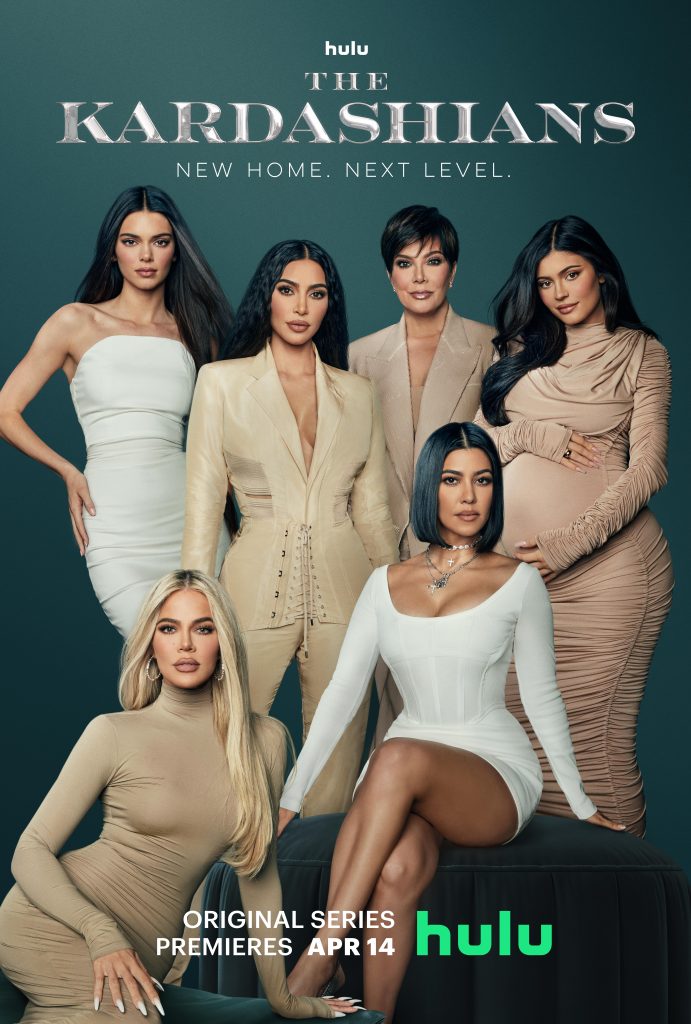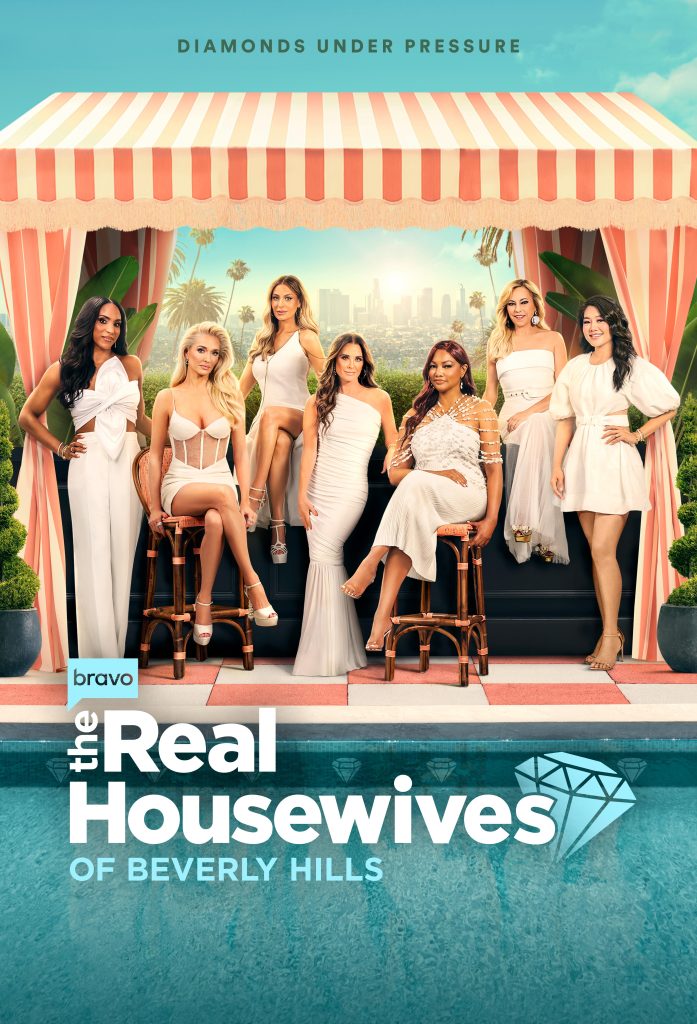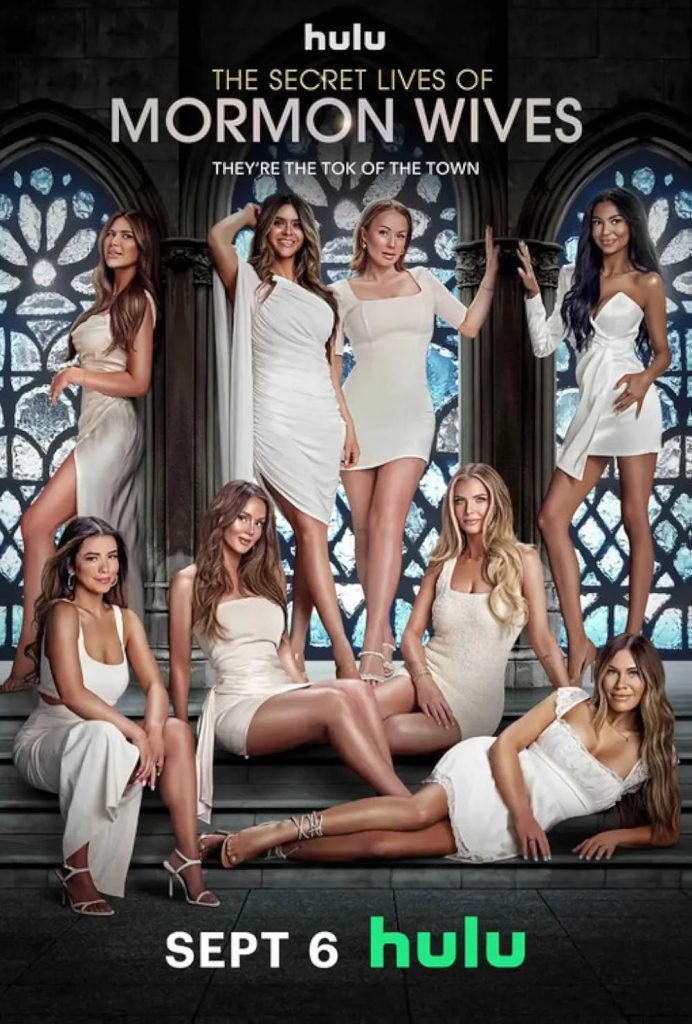The culture industry is a term used to define the commodification of creative industries. Developed by Theodor Adorno and Max Horkheimer of the Frankfurt School, the culture industry is said to manipulate society and drive consumers to be passive whilst being controlled by the feeling of being content.
As our society moves forward and technology advances, the forms of entertainment have shifted. Social media has effectively become a part of the culture industry. Algorithms work to adapt to a user’s unique interests, and therefore give an experience that will cause said user to be online for as long as possible. This demonstrates how creative industries are being used in the modern world to control the masses.
There is also a sense of mass culture. Across platforms such as Instagram and TikTok, consumers follow the same ‘trends’–which can span fashion, storytelling, music, etc. This creates a lack of individuality as there is less and less content being created that is truly original. There is no way to distinguish what is original and what is not. This creates a lack of authenticity–as people use others’ stories and ideas to profit themselves.
Short videos are created and adapted to fit consumers’ attention span and interests. This has led to us not being able to truly experience storytelling anymore–for we do not have the attention span.
So, while social media certainly has a lot of positive aspects to it, there are a lot of negatives. Creative content can be used to manipulate society to conform to this new technological age. I think it is important that we remain aware of the dangers of the culture industry so that we can try not to fall victim to its pitfalls.
A prime example of the manipulation of industry is reality TV shows. These types of television manipulate how we perceive daily life. What is portrayed on these shows is oftentimes far from the truth, which gives the audience a false sense of reality.
This week’s lecture shows us how powerful the media and creative industries can be. Content creation has changed and developed so much over the past few decades, but Adorno and Horkheimer’s definition of culture industry remains true. The technological world we are growing up in and adapting to can be manipulative and controlling. There is more to the world than scrolling and posting.
References:
Drew inspiration from
Adorno, T. W., & Horkheimer, M. (1944). Dialectic of Enlightenment. New York: Social Studies Association, Inc.
Images:
https://www.imdb.com/title/tt1720601/ Accessed 20 October 2024
https://www.imdb.com/title/tt31091039/ Accessed 20 October 2024
https://www.imdb.com/title/tt15791630/ Accessed 20 October 2024





I think what the blogger mentioned about the cultural industry is very profound. She not only reveals the relationship between the cultural industry and business, but also explores the complex interaction between social media and the creative industry. Take TikTok, for example. Short video content on the platform often shows a trend of rapid consumption, and users imitate popular challenges and dances to cater to the popularity, resulting in a lack of personalized expression. This phenomenon reflects the homogenization of popular culture on social media, which makes everyone’s creation seem to be reduced to the same model.
At the same time, the blogger further demonstrates the impact of this cultural phenomenon on social concepts through the analysis of reality shows. There are many reality shows in China, among which the once popular “Dad, Where Are We Going?” is a parent-child reality show about a father and daughter. Although such shows show the relationship between parents and children, they often create an unreal family life through dramatic plots and editing. When watching, viewers may perceive these fictional plots as reality, thus affecting perceptions and expectations of parent-child relationships.
Therefore, the blogger’s thesis reminds us to be vigilant about the influence of the cultural industry and to understand social media and the cultural industry mechanism behind it. Only in this way can we consume content more rationally and avoid falling into a situation of passive acceptance. Moreover, I believe that we should actively seek authentic and in-depth cultural experiences, such as reading classic literature, participating in art activities or watching high-quality documentaries, to resist the negative consequences of homogenization and manipulation. This will not only enrich our cultural vision, but also help us build a more comprehensive set of values and worldviews.
Hi,
This was an interesting read. The title was really catchy and drew me in immediately. The author referenced some great sources and even referenced a few TV shows I know of. The theory of the culture industry and the points made in the post were explained in detail to give me a better understanding. It was an interesting analysis of the culture industry, current social media trends, target audience behaviours and impact even. There are great examples of how social media platforms have transformed the digital culture industry in this current time era.
Your blog post does a good job at explaining the concept of the culture industry and its effect on modern society. The reference to Adorno and Horkheimer is insightful, and you effectively illustrate how media commodification and algorithm-driven content shape our choices and push us towards a more passive consumer role. Your analysis of social media’s role in promoting homogenized trends particularly resonates, especially the discussion on reality TV’s influence on societal expectations.
It could be interesting to discuss how individuals and creators sometimes resist these pressures, working within digital spaces to promote genuine self-expression despite commercial interests.
Overall, you’ve created a nuanced and engaging post that connects historical theory to our present-day media environment in a way that feels both critical and accessible.